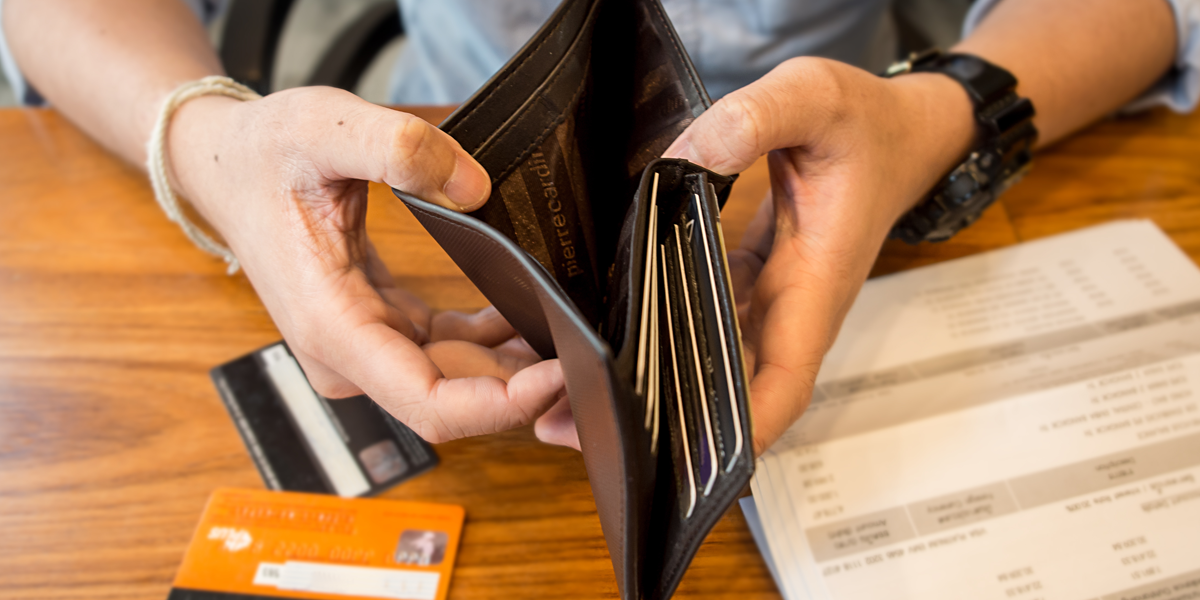Debt can significantly impact personal finances, causing stress and limiting financial freedom. When burdened by debt, saving money, investing in the future, or even meeting daily expenses becomes difficult. High-interest rates and mounting debt can make it feel like you’re stuck in a never-ending financial rut, making it essential to eliminate debt and regain control over your financial well-being. It is essential to eliminate debt and regain control over your financial well-being.
This article will cover 17 practical strategies on how to get rid of debt and build a healthier financial future. From creating a budget to finding creative ways to boost income, these tips will help you pave the way toward a debt-free life and long-term financial stability.
Benefits of Being Debt-Free
Before diving into the strategies on how to get rid of debt, let’s explore the benefits of achieving a debt-free status. Being debt-free can significantly improve your overall quality of life and open new financial opportunities.
- Improved Financial Security
Being debt-free means you have more control over your income, allowing you to allocate funds towards savings, investments, and emergencies, ultimately enhancing your financial security.
- Lower Stress Levels
Debt can be a major source of stress as it often feels like a constant burden. Eliminating debt can significantly reduce stress levels, improving mental health and overall well-being.
- Better Credit Score
Paying off debt and maintaining responsible financial habits will improve your credit score, making it easier to qualify for loans, secure favorable interest rates, and access better financial products.
- More Opportunities for Saving and Investing
Without debt, you can allocate more of your income towards savings and investments, allowing you to grow your wealth and prepare for future financial goals, such as retirement or home ownership.
- Increased Financial Freedom
Debt-free individuals enjoy greater financial freedom, which enables them to make life choices based on their desires and values rather than being constrained by financial obligations. It can lead to a more fulfilling and purpose-driven life.
Ways on How to Get Rid of Debt
Debt can significantly burden individuals and families, but it mustn’t be a lifelong struggle. Employing various strategies can help you make progress toward becoming debt-free. The following are several methods on how to get rid of debt, enabling you to achieve financial freedom and enjoy a better quality of life.
1. Create a Budget
Creating a budget is vital for understanding your financial situation. It requires you to take a detailed look at your income and expenses, which can help identify areas where you can reduce spending. Budgeting provides a roadmap to manage your finances and effectively aids in debt reduction by preventing overspending and encouraging saving.
2. Starting a Side Gig
Another excellent strategy to manage debt is to start a side gig. It could include freelancing, offering consulting services, or creating and selling products online. The additional income from a side gig can accelerate your debt repayment process. However, remember to manage your time effectively to avoid burnout.
3. Get a Part-Time Job
A part-time job can also provide extra income to pay off debt. Look for jobs that complement your skills and schedule. The extra income generated from the job can significantly contribute to debt repayment. However, balancing work commitments with personal life is important to maintain overall well-being.
4. Quit the Comparison Game
Financial health is a personal journey, and comparing your status with others can be detrimental. Everyone’s financial circumstances are unique, and comparing leads to unnecessary spending and debt. Stay focused on your financial goals and use others’ success as motivation rather than a benchmark.
5. Cut Up Your Credit Cards
Credit cards, when not used responsibly, can lead to a vicious cycle of debt. To avoid this, consider cutting up your credit cards. This move can be emotionally liberating and encourage you to live within your means. You can instead opt for debit cards or cash, which provide a more tangible connection to your money.
6. Use the Envelope System
The envelope system is a simple yet powerful method for managing your expenses. With this approach, you allocate cash to different spending categories like groceries, utilities, and entertainment each month and store them in separate envelopes. This visual and tangible approach to managing money discourages excessive spending, encourages discipline, and aids in debt reduction.
7. Tell the Kids You’re on a Budget
It’s important to discuss financial matters with children. Not only does it teach them financial responsibility early, but it also helps manage their expectations. Involving kids in budgeting can significantly impact debt reduction as it often leads to more conscientious spending.
8. Take Financial Peace University
Financial Peace University, created by finance guru Dave Ramsey, is a resource that provides strategies and tips for debt elimination. Focusing on money management, saving, and investing, it offers a comprehensive plan for achieving financial peace. Thousands of individuals have shared their successful debt-free stories by applying the principles taught in this course.
9. Cut Those Coupons
Couponing is an often-underestimated strategy for saving money. You can significantly reduce your monthly expenses, especially on groceries, by dedicating some time to finding and organizing coupons. There are numerous resources for coupons, including newspapers, online websites, and store flyers. Effectively using coupons can enable you to buy what you need while staying within your budget, freeing up more money to pay off debt.
10. Try Consignment Shopping
Consignment shops sell second-hand items at a much lower price than new ones, making them a great resource for budget shoppers. These shops can offer quality clothing, furniture, and other items at a fraction of the original cost. In addition to saving money, you’re contributing to a more sustainable lifestyle by reusing items.
11. Cut the Cable
Traditional cable TV can be a substantial unnecessary cost in the age of streaming services. Consider cutting the cable and switching to streaming platforms like Netflix, Amazon Prime, or Hulu, which can offer a wide variety of shows and movies at a lower cost. This simple switch can lead to considerable monthly savings, which can be redirected toward debt repayment.
12. Meal Plan
The importance of meal planning extends beyond just health reasons. By planning your meals, you can avoid the expenses of last-minute take-outs and reduce wastage. Start by making a weekly meal plan, then create a shopping list based on the plan. It not only saves money but also encourages healthier eating habits.
13. Break Up With Your Barista
While the daily visit to your favorite coffee shop might seem like a small luxury, it can add up to a significant amount over time. Consider brewing your coffee at home. It does not mean you should never treat yourself, but rather switch to seeing it as an occasional indulgence rather than a daily necessity. The savings from this switch can make a notable difference in your debt repayment.
14. Visit the Library
Libraries are an often-overlooked resource for free entertainment and education. Instead of buying books or subscribing to multiple magazines, use the variety of resources available at your local library. The savings from this practice can be another step towards getting rid of debt.
15. Make a Grocery Shopping List
Making a grocery shopping list before entering the store is a proven way to stick to your budget. It helps avoid impulse purchases and ensures you only buy what you need. A list-based, planned approach to shopping can lead to significant savings in the long run.
16. Try Grocery Shopping Online
Online grocery shopping is another method to keep your spending in check. With a clear view of your cart total, removing non-essential items is easier before checking out. Many online platforms offer deals or free delivery for certain purchases, providing more savings avenues.
17. Sell Items on Facebook Marketplace or Craigslist
If you have items no longer needed or used, selling them on platforms like Facebook Marketplace or Craigslist can be a great way to bring in some extra money. This method helps you declutter and quickly boosts your debt repayment plan.
Breaking Free from Debt
Getting rid of debt requires a combination of effective budgeting, smart spending habits, and finding creative ways to save money. This article provided various strategies, such as involving kids in budgeting, utilizing coupons and consignment shopping, cutting cable expenses, and meal planning. Implementing these techniques can reduce expenses, generate extra income, and accelerate your debt repayment process.
Now is the time to take control of your financial future by implementing these tips. Start by assessing your financial situation and identifying areas to cut costs or increase income. With determination and consistency, you can work towards becoming debt-free and achieving long-lasting financial stability.

